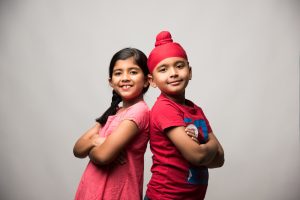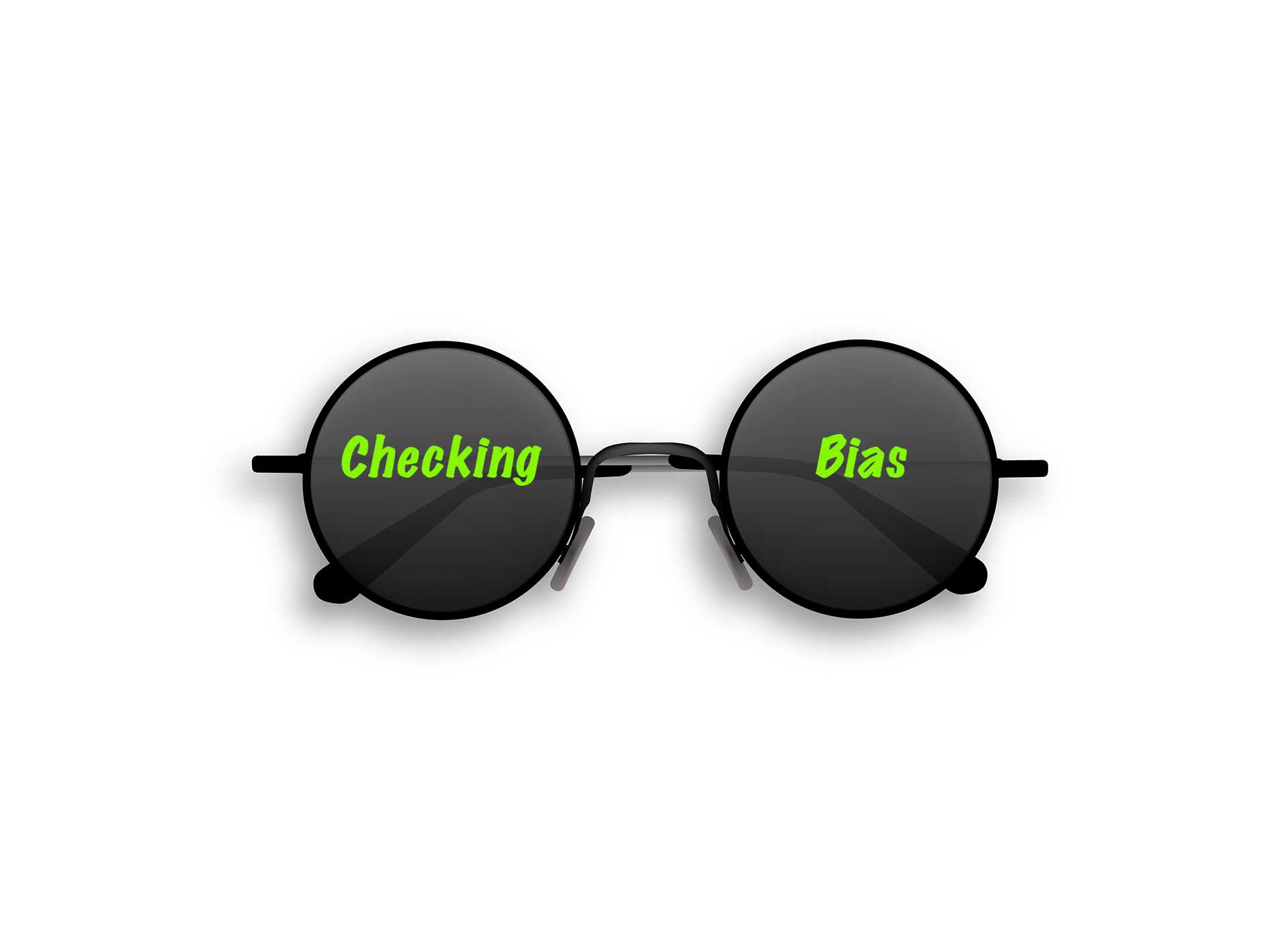Unlearning biases: The work of generations
I don’t remember what she said or what exactly it was that she did, but I do remember the way she made me feel. That’s the thing with being left out or discriminated against, you can’t always pinpoint the exact words or any particular moment, but you know it’s there. You feel it.
Thirty-five years ago, I felt it from my Kindergarten teacher. She was a beautiful blond-haired lady, well dressed and soft-spoken. I’m pretty sure she was kind and loving too, because I saw the way she interacted with my peers, but she left me with a feeling of longing. A longing to be wanted. A longing to be accepted. In her presence, I never felt as though I was enough. She made me feel like I didn’t belong. At five years old, I had no idea why I was treated differently. I didn’t understand that the colour of my skin would leave me feeling isolated.
Needless to say, it was a lonely start to my education. At the end of the school year, my teacher told my mom I was too shy and wasn’t ready for Grade 1. I failed Kindergarten. I was shy, and I was scared. Being the eldest child of young immigrant parents, English was still new and foreign to me, so perhaps there was some justification for failing me.
But, as I reflect on this experience as a teacher and a parent, I recognize the important role acceptance and kindness play in fostering learning. I think I could have thrived if given the chance, if given a bit of kindness and encouragement, if welcomed with acceptance, if, perhaps, my teacher could have reflected on her own biases. My elementary educational experience was shaped by my Kindergarten interactions. I carried those feelings of fear and isolation with me for many years. I was not a confident student and rarely participated in class, even when I was sure I had the right answer.
Fast forward to the fall of 2020 when I was naïve enough to believe that my boys, only five and seven years old, have yet to experience what it feels like to be left out because they look different. Surely things should be different now than in my time, when I was the only non-white child in my class. My eldest son’s teacher stopped me at drop-off one morning and told me his peers were questioning why he wears “that” on his head. She invited me to come into his class and talk about the significance of his pugh (a Sikh turban). I happily agreed, but as I walked off racking my brain with all the ways I could present and all the things I could say, my heart also hurt a little at the realization that my boys, too, will experience discrimination and likely already have.
During our presentation, the students listened intently, and respectfully asked questions. My son and I demonstrated how we tie his pugh every morning. He allowed the class to see his long hair and watch as we gathered it in a bun on the top of his head before tying his pugh.
My hope is that this presentation has helped reduce the discrimination that might come at my son. Differences can make us feel uncomfortable. Unknowns and uncertainty can lead to assumptions; often these assumptions are formed by a lack of knowledge. But if we open our hearts and worlds, we give each other a chance to learn about one another. Or maybe a chance to unlearn: unlearn biases and previously held beliefs. At the very least, the experience gave my son a chance to be brave and, hopefully, wear his pugh with pride.

Today we may celebrate significant days from different cultures, our libraries may finally be carrying books that represent children of different backgrounds, and we have guest speakers and resources at our fingertips to help our students learn about each other’s differences. We are proud of our multicultural schools. But all these things mean little if we haven’t first reflected on what’s going on inside. All of this means little unless we do the inner work, reflect on our own biases, and challenge our own beliefs. We all have personal biases, but it’s important, especially as teachers and parents, that we recognize them and be willing to work through them because our children can feel them, just as I did 35 years ago.
Pinder Jhaj is a teacher in Burnaby, BC.
This article is republished with permission from the January/February edition of Teacher Magazine, a publication of the BC Teachers Federation

